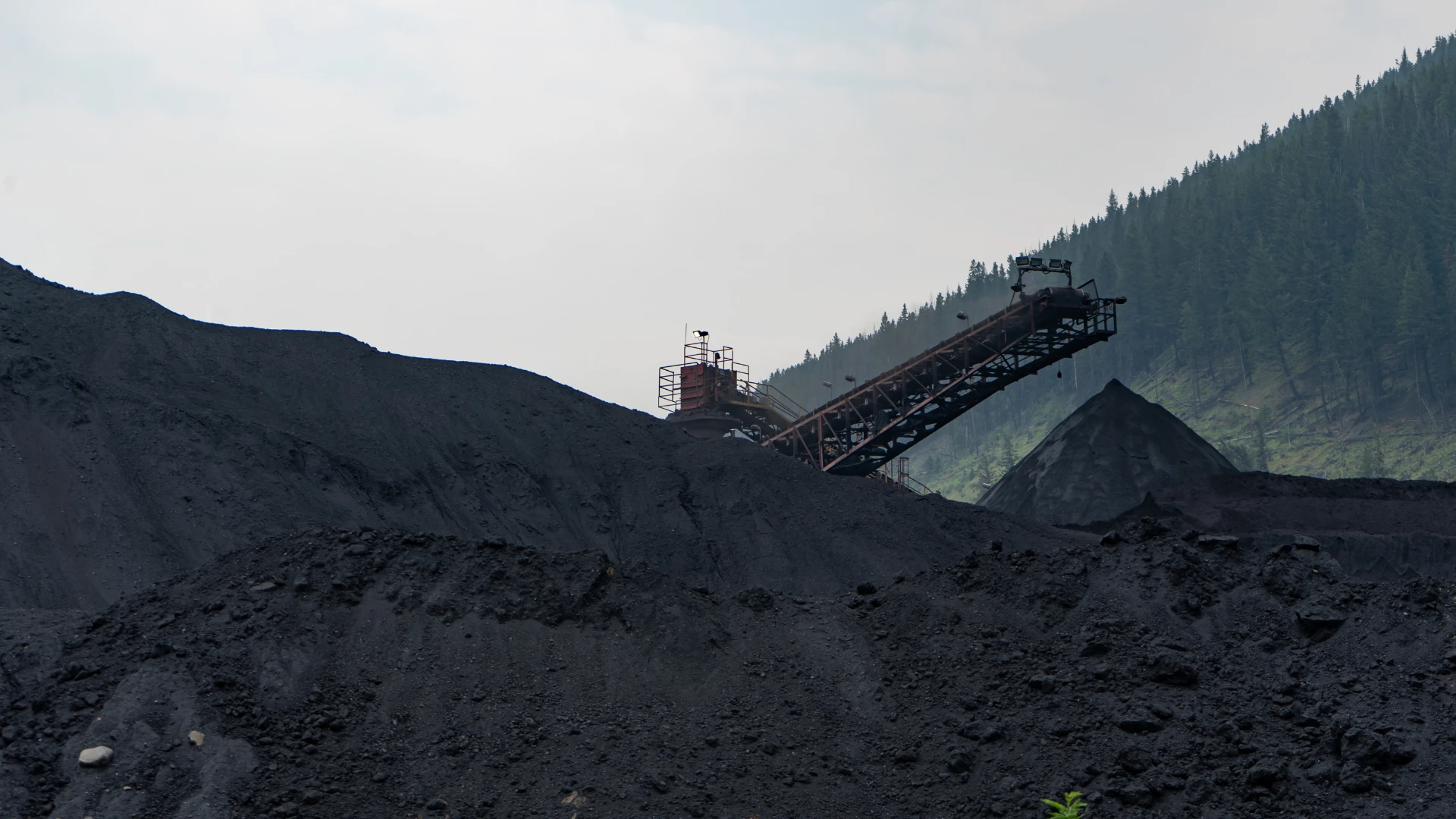Coal-Derived Products – Applications of Tar, Benzene, and Their Derivatives in Industry

Coal-Derived Products – Applications of Tar, Benzene, and Their Derivatives in Industry
Coal-derived products are a group of chemical substances obtained during the dry distillation of hard coal (coking). The most important among them include coal tar, benzene, and their derivatives, which are widely used in the heavy industry, chemical sector, materials engineering, and energy production. Due to their unique chemical properties and high reactivity, they serve as the basis for many industrial processes.
What Are Coal-Derived Products?
The main coal-derived products include:
- coal tar – a thick fluid rich in aromatic compounds,
- benzene – a volatile aromatic compound used as a base material in organic synthesis,
- toluene, xylenes, phenol, naphthalene, anthracene – extracted from tar and benzene fractions,
- tar oils – used in binders and impregnation agents,
- tar residues – applied in insulation, road construction, and electrochemical materials.
Industrial Applications of Coal Tar
Coal tar is used in:
- production of graphite electrodes and anodes for metallurgy,
- impregnation of wood, concrete, and refractory materials,
- bituminous membranes and waterproofing compounds,
- synthesis of dyes, paints, resins, and plastics,
- industrial gas filtration and purification,
- recovery of energy and aromatic raw materials.
Special tar fractions like anthracene oil, phenol oil, or high-temperature pitch are essential in steelmaking and electrotechnical processes.
The Role of Benzene and Its Derivatives
Benzene and its derivatives (toluene, xylenes) are key building blocks in the chemical industry:
- benzene – used in the production of styrene, phenol, and cyclohexane (→ nylon),
- toluene – precursor of TNT, solvents, and diisocyanates (→ polyurethanes),
- xylenes (ortho, meta, para) – raw materials for PET, resins, and polymers,
- naphthalene, anthracene – used in dyes, agrochemicals, and catalysts.
Stable deliveries of these aromatics are crucial for petrochemical and polymer industries.
Tar and Benzene Processing and Fractionation
Processing steps include:
- rectification of tar and tar oils,
- fractional distillation of benzene and its mixtures,
- removal of mechanical and sulfur impurities,
- thermal stabilization and antioxidant additives.
Each product must meet specific standards in boiling range, density, flash point, and volatility.
Logistics and Safety Requirements
Due to their flammability and chemical reactivity, these products require:
- transport in ADR-certified tankers or IBC containers,
- storage in steel tanks with explosion protection systems,
- controlled temperature and ventilation in warehouses,
- full documentation: SDS, REACH/CLP, certificates of analysis.
Product labeling must reflect industrial usability and safety classification (e.g., low-temp vs. high-temp tar).
Role in the Circular Economy
Formerly seen as by-products or waste, coal-derived products today:
- serve as raw materials for high-value materials,
- replace petrochemical substances with high carbon footprints,
- are recovered and reused (e.g., tar oils, pitch),
- reduce coke plant and steel mill waste volumes.
They are increasingly relevant to the sustainable transformation of heavy industry.
Supplier of Coal-Derived Products – Poland and Europe
As a specialized supplier of coal tar, benzene, and aromatic derivatives, we offer:
- certified industrial-grade products,
- deliveries in bulk, IBCs, or drums,
- full REACH/CLP documentation and lab reports,
- technical support for product selection,
- stable supply chain across Poland, Germany, Czechia, Slovakia, and Ukraine.
